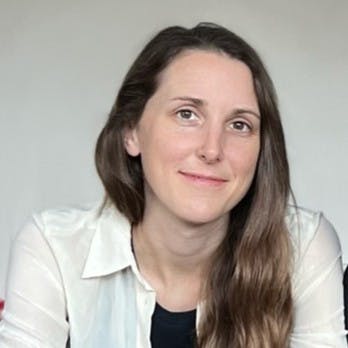PLANTED - Urban Micro-Forest (Miyawaki)

The City of Somerville is piloting the planting of a micro-forest using the Miyawaki method with support from Biodiversity for a Livable Climate and SUGi.
We also need your help! Sign up here to volunteer with us:
https://forms.gle/ygub1PkmvSFeeyYg9
What is the Miyawaki method, you ask?
Dr. Akira Miyawaki (1928-2021) was a botanist and ecologist in Japan who sought to restore layered forests, especially in degraded areas. He advocated for the protection of native forests and saw their value to humans, non-humans, including their role in minimizing the impacts of intense weather events. He believed it was important to foster species that were native to an area and to mimic the behaviors of plants that grow naturally in a forest. The technique he developed, now called the Miyawaki method, encourages quick growth by densely planting 30-50 species in a small area. This arrangement is inspired by natural forest behavior where species grow taller and more robust through competition for sun, water, and nutrients. The result of this high-density, native planting is a mature forest in as few as 20-30 years that is well adapted for our region.
Miyawaki forests have been planted all over the world and are extremely biodiverse, require little maintenance, and are installed on small pockets of land. Very quickly, we can bring a forest to our densely developed city!
Planting small, dense forests is not a typical practice in cities in the United States. Each time a city or town does so, we learn a little more about ways to make our urban lands resilient, livable, and beautiful. Each strategy we use to increase our tree canopy creates resilience to heat extremes, reduces air pollution, captures carbon dioxide, and provides a home for birds and pollinators. This is a pilot project and we will use this experience to learn about the efficacy of micro-forests and the Miyawaki method in our region.
Get Involved!
This page will be your source for project updates, for information about opportunities to participate, as well as a place to ask questions or leave comments. We collaborate with volunteers to plant and care for this forest in the first three years until it becomes self-sufficient. Please stay informed and see the tabs below for other ways to engage.
Si necesita ayuda en su idioma, comuníquese con nosotros a través de somervillema.gov/ContactSomerviva o llame al 311 (617-666-3311)
Caso precise de assistência em seu idioma, entre em contato conosco por meio deste formulário online: somervillema.gov/ContactSomerviva ou ligue para 311 (617-666-3311)
Si ou bezwen asistans nan lang ou a, kontakte nou nan somervillema.gov/ContactSomerviva oswa rele 311 (617-666-3311)
यदि आफ्नो भाषामा सहायता चाहिन्छ भने कृपया सम्पर्क गर्नुहोस: www.somervillema.gov/ContactSomerviva गर्नुहोस् वा यो ३११ (६१७-६६६-३३११) / 311 (617-666-3311)
如果您需要語言方面的協助 請撥打 311 (617-666-3311) 或於somervillema.gov/ContactSomerviva 聯絡 彩薩默: 移民事務辦公室。
如果您需要语言方面的协助,请联系 (somervillema.gov/ContactSomerViva)或者请拨打 311(617-666-3311)。
Questions? Comments?
We'd love to hear from you!



